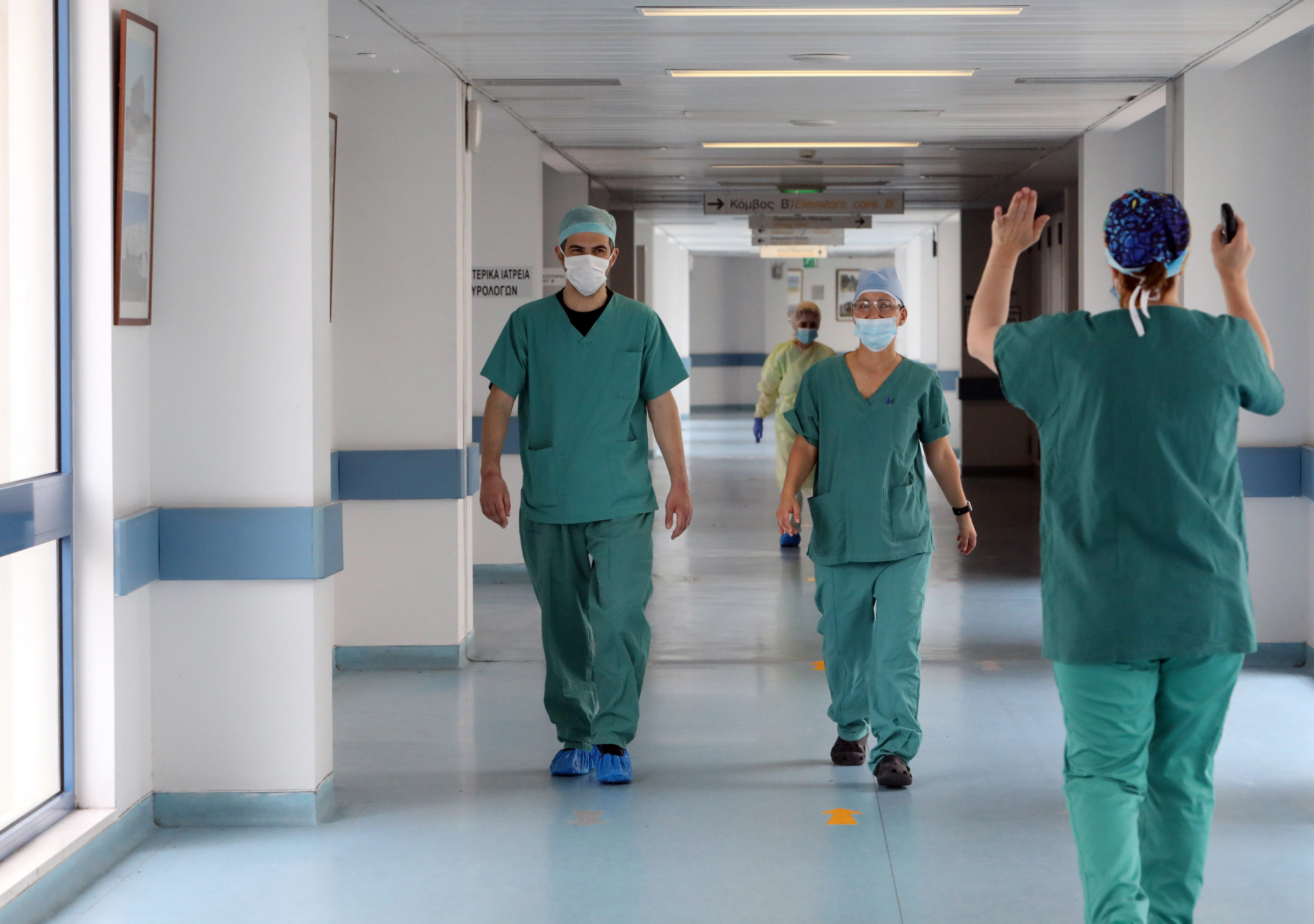Cyprus reported two more coronavirus deaths on Tuesday as the number of patients admitted in hospitals dropped marginally to 160, but the figure for new COVID-19 cases receded dramatically closer to the 100 marker.
The deaths – a 69 year old man and 93 year old woman – raised the total since the pandemic started to 190. Of these, 67 were in January, closing in fast on December’s record 76.
The health ministry announced that 160 patients are being treated for SARS-CoV-2 in four state hospitals, of whom 53 are critical. This figure is four less than Monday’s 164 patients.
It added that of the 10,992 PCR tests and the less-accurate antigen rapid tests during the last 24 hours, 109 tested positive for COVID-19, raising the total to date to 30,252 infections.
Some 22 were traced to contacts of earlier infections, one tested positive among 272 passengers arriving at Larnaca and Paphos airports, while 72 were diagnosed from the rapid tests.
Once again, Limassol had the highest number of 25 positive test results from the rapid tests, followed by 17 in Nicosia, 5 in Larnaca, 4 in Famagusta district and 4 in Paphos.
Of 1,663 tests at old people’s homes, only three tested positive and one soldier among 334 tests in the National Guard.
Tests among 163 people at construction sites, 66 in the media and 413 in industrial zones were all negative.
Warning against quick reopening
However, virus experts have warned against complacency as the new case numbers continue to drop, saying that lifting lockdown restrictions too quickly will only lead to a spike in COVID-19 cases which may need a third lockdown to control.
Lockdown II, that was imposed on January 10 and ends on January 31, will be gradually eased with shopping malls and hospitality having to wait until March to re-open.
Head of the COVID-19 Scientific Committee Dr Constantinos Tsioutis said that if a relaxation of measures takes place rapidly, Cyprus might be faced with another surge in cases that have gone beyond 30,000.
Following Monday’s meeting of the advisory committee with President Nicos Anastasiades, Tsioutis argued that any lifting of measures should be targeted, and gradually based on a thorough assessment.
He urged for extreme caution on deciding which places to open, adding that sites of mass gathering should remain closed at this stage.
It is understood that retail shops will be allowed to open from February 1, but a 9 pm curfew will remain in place while people will need SMS approval before leaving their homes.
The final decisions will be taken during a Cabinet meeting on Wednesday.
The SMS message approval will most probably increase from 2 to 3 per day, while a limit on house gatherings may be introduced.
Not all students will return to schools, it may be limited to primary school children and final-year students who need to prepare for exams. At present only nursery schools and creches are allowed to operate.










